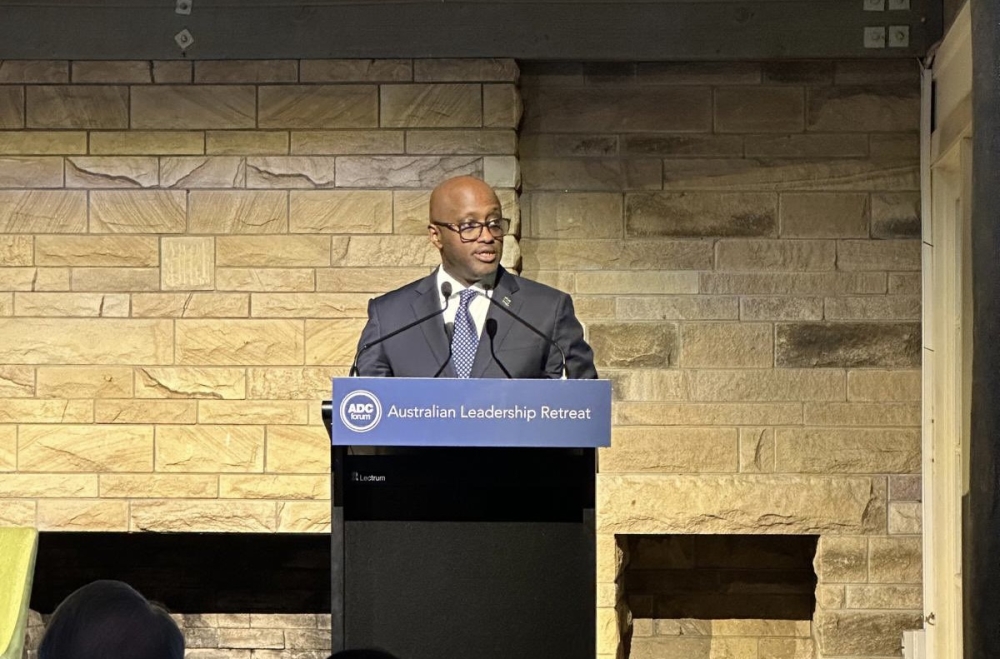I once asked a friend what he would do if he suddenly got rich. “I would resign at once!” he said with such exuberance, “then go home and sleep for a week and start my own company immediately.” You would think he would say something like take time off and go be with family and friends, or slow down in life generally but no.

I once asked a friend what he would do if he suddenly got rich. "I would resign at once!” he said with such exuberance, "then go home and sleep for a week and start my own company immediately.” You would think he would say something like take time off and go be with family and friends, or slow down in life generally but no. My friend’s response, however, did not come as a surprise at all because most wealthy persons, in my opinion, are never content with what they have. They devote the rest of their lives making more money—either to pay off their new debts or to simply get richer. Even amidst a serious credit crunch, these affluent members of society do not seem affected, going around splurging on luxuries they do not really need, much to the ire and chagrin of the struggling and less affluent lot.Does this never-ending pursuit of material gain make life fuller or more enjoyable? I don’t think so. In a world where over 700 million people are hungry, it may be hard to imagine that having too much could actually be a problem. Take Angelo Kwaka (not real name) for example, he came from a well-to-do family that lived in one of the posh upscale suburbs in Kigali. He basically had everything handed to him on a silver platter; he did not have to work or strain in any way to get anything. "If only that were me,” we all used to wish. Yet a few years down the road, Angelo, filled with sheer melancholy still lives with his parents who moved to another country and has never really been out there on his own. He tried, but his attempts were futile as he had never really learned to work hard yet always had what he wanted. In this case, Angelo is denied the notion of appreciating work and its value, that sense of self worth you get when you achieve something on your own and the ability to feel rich on the inside. Interestingly, this clearly shows that materialism can have adverse effects to not only its ruthless pursuers but also the people connected to them. Most people want perfect health, blissful families, worthwhile decent jobs and adequate money to sustain them comfortably. To have all four certainly requires balance, and when one’s principal concern is material gain, that balance is bound to be distorted.f_osem@yahoo.comI am not against money and riches; it is this relentless zeal to have more and more of it that spoils it all. When does this simple hardworking man turn into this insatiable greedy I–have–to–have–it–all person? Hard as it may seem, we have to strike a balance and have a chance to modestly enjoy what we have and be content with it.






